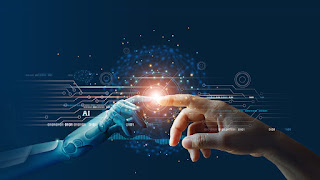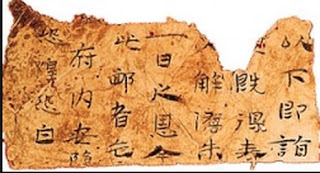My relationship with technology cannot be described as healthy or unhealthy because there are so many different ways that I use it in my life. Whether it is scheduling doctor appointments, doing my homework, or simply catching up with friends, technology is everywhere. I believe that it can both enhance and hinder its users, but it is all up to the individual whether or not they benefit from it. My screen time averages around 5 hours daily. This is split between using my laptop for class, phone calls, music, and social media in general. Overall, I am content with this number and would like to work on lowering it in the future.
Throughout this course, I have learned a lot about technology. Since a young age, I have been surrounded by smart technology. I had an iPhone by sixth grade, and my school implemented iPads in my fourth-grade year. Getting access to technology at such an early age was definitely for communication with my parents and staying in contact with them when I was in extracurriculars. It has always been a huge part of my life and society as a whole, so I have never known life without it. Technology has given the world so much and has advanced, grown, and adapted throughout the years. Although its impact has had both negative and positive effects, I know that our world has benefited from its advancement over time. Throughout Media Law and Literacy, I have been exposed to more about how integrated technology really is in our daily lives and the positives and negatives of using it.
In conclusion, my relationship with technology is complex and ever-evolving. This course has deepened my understanding of just how ingrained technology is in our daily lives—both for better and for worse. While I value the convenience, connection, and opportunities it offers, I also recognize its potential to fuel unhealthy habits, such as comparison and excessive screen time. Moving forward, I hope to use what I’ve learned to maintain a healthier balance with technology, staying mindful of how it impacts my mental health, productivity, and sense of self.
Technology will always be a part of my life, but I now have the tools and awareness to ensure that control my use of it, rather than allowing it to control me. By remaining intentional with my time online, I can focus on benefiting from technology’s positive aspects—whether that’s learning, connecting with others, or building a professional presence—while also being more aware of its pitfalls. I am confident that with balance, boundaries, and perspective, I can continue to make technology a tool that enhances my life rather than hinders it.











